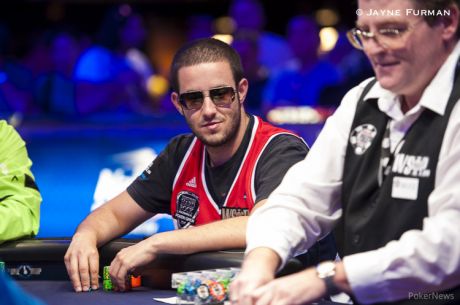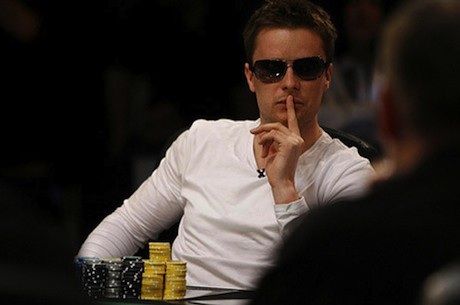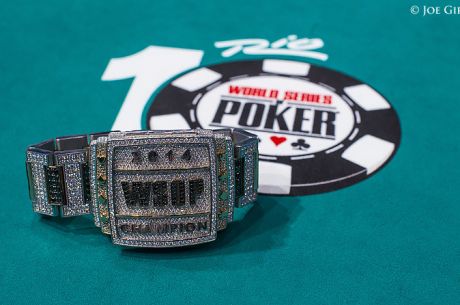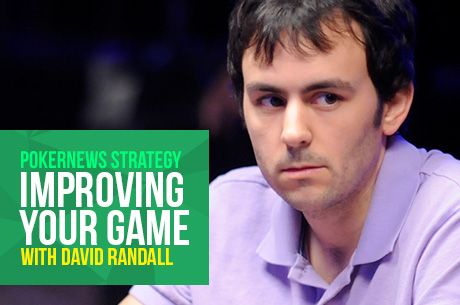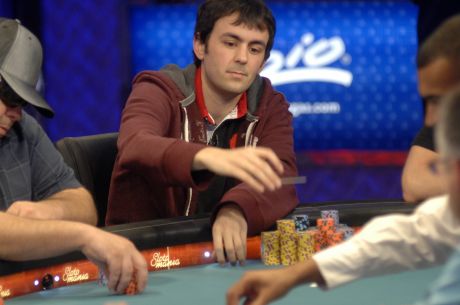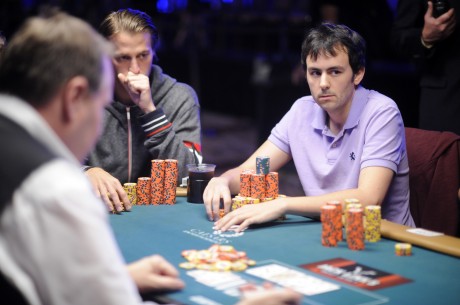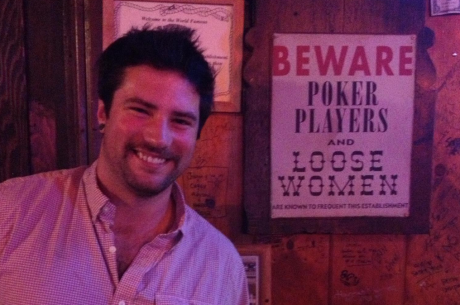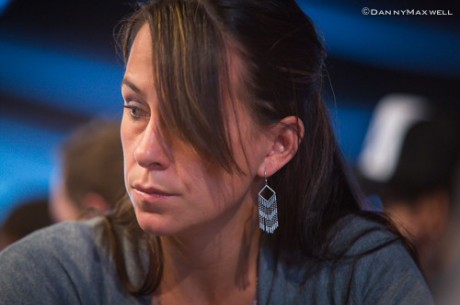Improving Your Game with David Randall, Vol. 5: Developing Mental Toughness
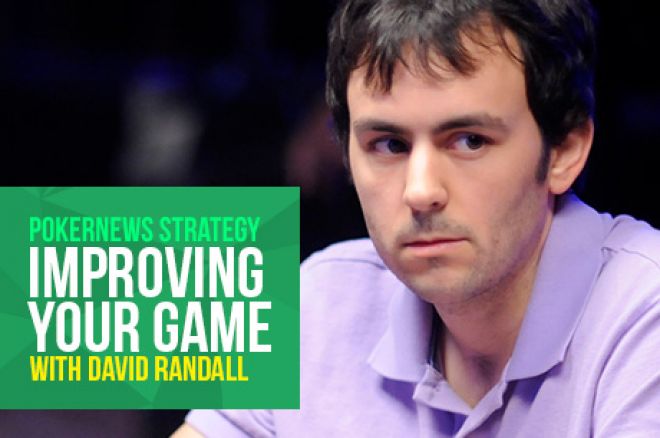
In this entry, I am going to address "Mental Challenge Week." My favorite athletes �� Tiger Woods, Kobe Bryant, Michael Jordan, Jack Nicklaus, Ben Hogan �� all have one major trait in common: mental toughness. The majority of the time when you see these guys competing, it seems like nothing phases them. They methodically do their thing and it looks effortless.
Any time you are in a situation that is challenging you, whether it's your patience, persistence, or physical strength, you are going to draw from previous experiences to determine if what is in front of you is something you can overcome. The simplest example of this is the bench press.
Let's say you max out at 200 pounds on the bench press. When I put 300 pounds on the bar, you won't even attempt to take on that challenge. From experience, you know what your limitations are. Like Jordan once said, "Limits, like fears, are often an illusion." Obviously, in the case of the bench press it is not just an illusion, but Jordan was referring to mental limits which are what we are going to discuss today.
Mental Challenge Week is something personal. It is something you create. It caters to your needs and is designed to better you as a person and a poker player. The key is to identify what your weaknesses are. Once you do this, you can design a set of challenges that will directly test these weaknesses. By testing these weaknesses, you can push your limits and see that you are capable of things you never thought of before. For me, patience is one of my natural weaknesses. Often it manifests when I get deep in tournaments and try to make something happen rather than let it come to me. This can lead to costly mistakes.
One challenge designed to deal with this issue is sitting in a dark room for 24 hours straight with no electronics or human contact, other than a few meals brought to me. This forces me to deal with having zero distractions, sitting in silence with only my thoughts. Then, when I am at the poker table and have to grind through a few tough levels, it will be easy compared to the patience tests I have put myself through.
Another example is that in poker you have to keep your analytical skills sharp for a very long period of time. To challenge myself in this regard, I went out and got a 2000-piece puzzle to solve.
The first thing to think about is what skills in general are important for playing your best day in and day out at the tables. After that, think about specifically which of these give you the most trouble and spend the majority of the time on those. Then, logically think of challenges that can strengthen these areas, but be aware that they may not be fun. By completing challenges like this, you get yourself one step closer to performing at that level. You are doing something that no one else is doing: differentiating from the crowd. You now have an experience to draw from that will make sitting at the poker table with nothing going your way seem small. It's like taking that 300-pound bench press and reducing it to 100 pounds. Now you can complete the task methodically and effortlessly.
I would love to hear what your Mental Challenge Week would be comprised of. Feel free to tweet it to me at @DBTRandall.
For more strategy tips, tricks, tutorials, podcasts, and more, head to the PokerNews.com Strategy section of the site and start exploring today!
In this Series
- 1 Improving Your Game with David Randall, Vol. 1: Teaching Through Examples
- 2 Improving Your Game with David Randall, Vol. 2: Creating the Perfect Hybrid Player
- 3 Improving Your Game with David Randall, Vol. 3: Psychology of Downswings and Empowerment
- 4 Improving Your Game with David Randall, Vol. 4: No Substitute for Relentless Belief
- 5 Improving Your Game with David Randall, Vol. 5: Developing Mental Toughness
- 6 Improving Your Game with David Randall, Vol. 6: Arguments Are Opportunities To Improve

